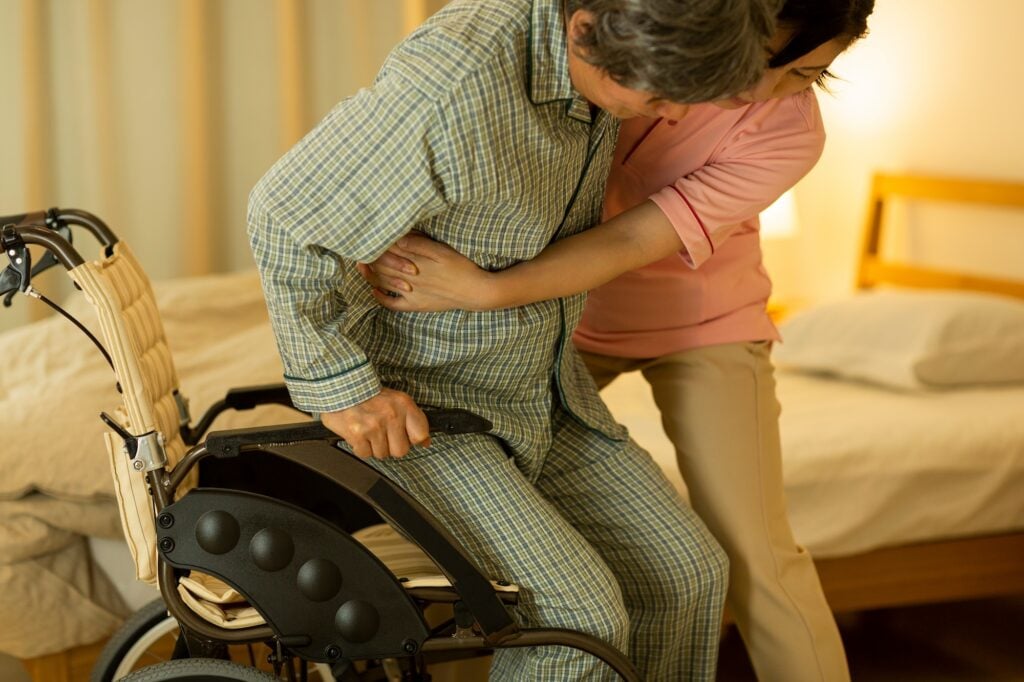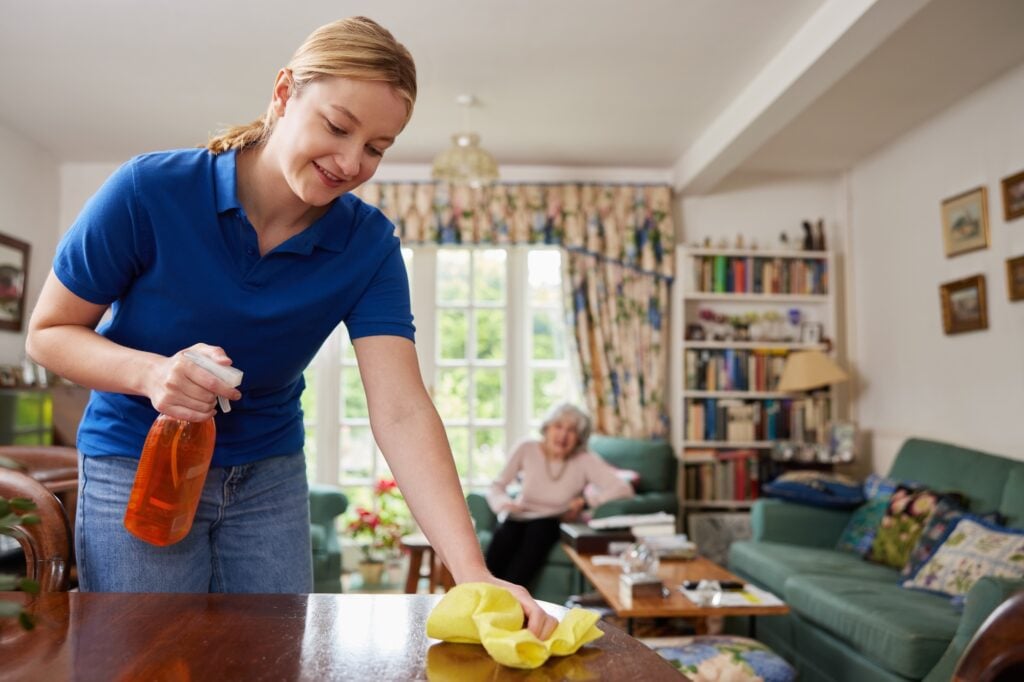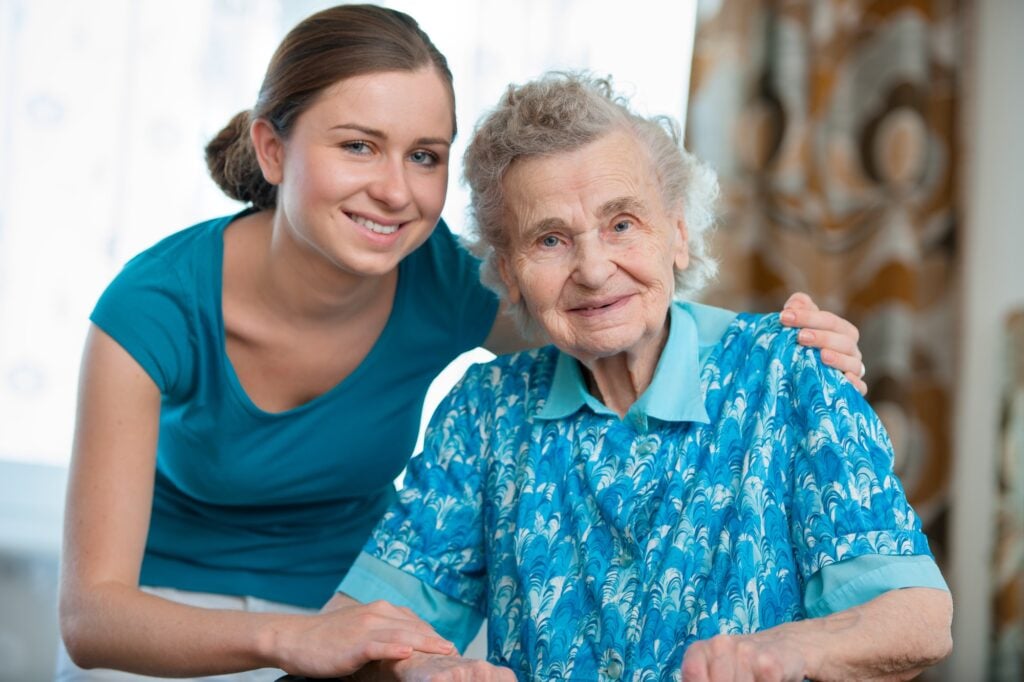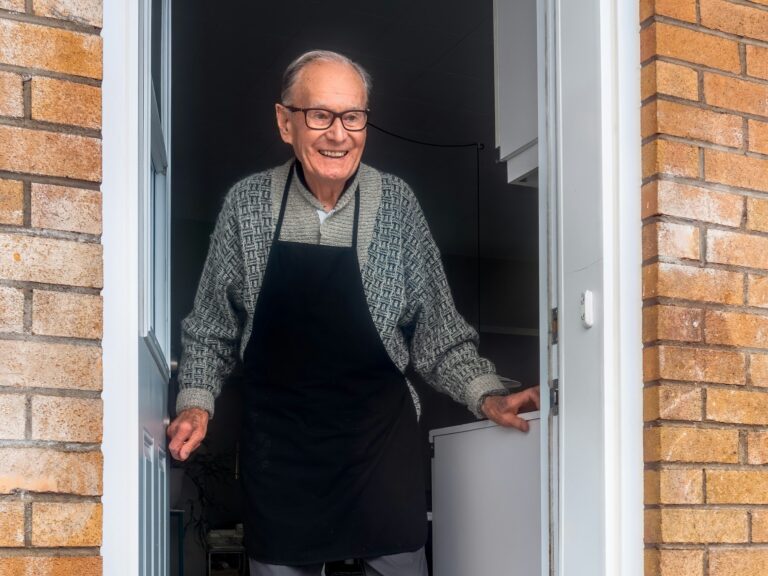Hello there! If you’re reading this, you’re likely exploring the option of live-in care for yourself or a loved one. It’s a significant decision, and it’s crucial to understand what a live-in carer does within the scope of live-in care. We’ve been in the healthcare industry specialising in homecare and live-in care for many years, and we can assure you that a skilled live-in carer can be a game-changer. So, let’s delve into the details of what this role involves in the context of live-in care.

The Role of a Live-in Carer
What is a Live-in Carer?
A live-in carer is a healthcare professional who resides with the person they are caring for, offering round-the-clock support as part of live-in care. This sets it apart from other home care options where a carer might visit for a few hours a day. Live-in care is personalised and comprehensive, providing a one-on-one care experience.
Personalised Care
Every individual is unique, and so are their live-in care needs. We’ve cared for people with a variety of interests and lifestyles. For example, we once tailored a live-in care plan for an avid gardener to include time outdoors, significantly improving her well-being. That’s the beauty of live-in care; it’s flexible and personal.

Medical Responsibilities
Medication Management
One of the key duties in live-in care is managing medications. This involves more than just handing over a pill; it’s about ensuring the right dose at the correct time. We’ve encountered situations where medication errors led to hospital visits, something that diligent medication management in live-in care can prevent.
Monitoring Health Conditions
Live-in carers keep a close eye on the individual’s health as part of their live-in care duties. This includes observing any changes—like fluctuations in weight, mood, or energy levels—and coordinating with healthcare providers.

Personal Care Duties
Hygiene and Grooming
From bathing to dressing, personal care is a significant part of live-in care. It’s not just about cleanliness; it’s also about dignity. We’ve assisted individuals who were initially resistant to receiving help with bathing. Over time, they realised that accepting help didn’t compromise their independence; it simply made their live-in care experience easier.
Mobility Assistance
Whether it’s helping someone out of bed or assisting with exercises, mobility support is often needed in live-in care. This can be especially crucial for preventing falls and encouraging physical activity.
Nutritional Support
Meal planning and preparation go beyond just cooking. It’s about creating balanced meals that the individual enjoys and that meet their dietary needs. We’ve had the pleasure of crafting tasty yet low-sugar recipes for someone with diabetes as part of their live-in care.

Emotional and Social Support
Companionship
Being there emotionally is just as important as any medical duty in live-in care. Sometimes a listening ear or a shared laugh can make all the difference.
Social Interaction
A live-in carer can help facilitate social activities as part of live-in care, whether it’s a walk in the park or a visit to friends and family. Social interaction is vital for mental health, and it’s a part of the job we particularly enjoy.
Mental Stimulation
Keeping the mind active is crucial, especially for those dealing with cognitive decline. Simple activities like puzzles, reading, or even watching a documentary together can be beneficial in a live-in care setting.

Household Management
Cleaning and Maintenance
A clean home is a happy home, and it’s also a safer one. From vacuuming to doing the dishes, household chores are part and parcel of live-in care.
Shopping and Errands
Whether it’s picking up groceries or collecting prescriptions, running errands is often included in the duties of live-in care.
Transportation
Driving to appointments or social events is another task that may be required in live-in care. It’s not just about getting from point A to B; it’s about doing so safely and comfortably.

Specialised Care
Some individuals may have conditions like dementia, Alzheimer’s, or physical disabilities that require specialised live-in care. In such cases, the duties can extend to include things like memory care techniques or using specialised mobility equipment.
Legal and Ethical Responsibilities
Confidentiality is a given in live-in care. There’s also a fair amount of reporting and documentation involved, which is crucial for coordinating care and ensuring compliance with healthcare laws.
Conclusion
So there you have it—a comprehensive look at what a live-in carer does in the realm of live-in care. It’s a multifaceted role that requires a mix of medical knowledge, compassion, and practical skills. If you’re considering this live-in care option, take your time to find a qualified and compassionate carer who fits well with your needs or those of your loved one.
Additional Resources
For those of you who want to dig deeper, there are plenty of organisations and online resources that can provide further information and support about live-in care. Knowledge is power, especially when it comes to making such an important decision.
We hope this article has been helpful in shedding light on the duties of a live-in carer within live-in care. It’s a rewarding yet demanding role, and understanding it fully is the first step in making an informed choice about live-in care. Good luck!




